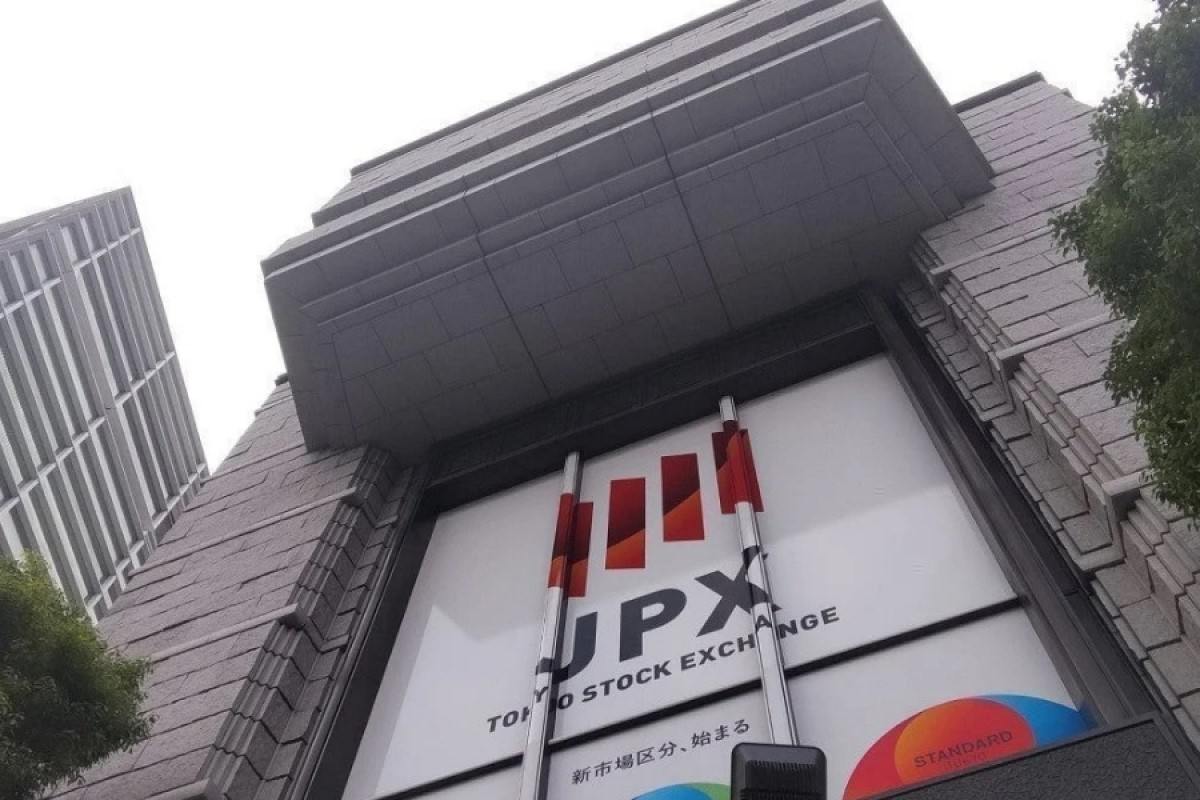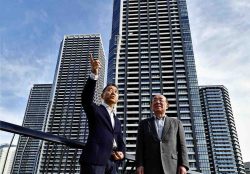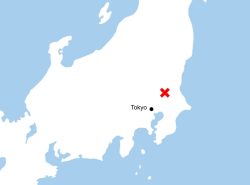
Tokyo Stock Exchange
12:50 JST, February 15, 2024 (updated at 17:00 JST)
TOKYO, Feb 15 (Reuters) – Japan’s Nikkei share average rallied to its highest level in 34 years on Thursday, as chip-related shares tracked overnight gains in Wall Street peers.
The benchmark stock index now sits just 800 points, or about 2%, below its all-time high in 1989 that marked the peak of Japan’s so called “bubble economy.”
The Nikkei ended up 1.21% at 38,157.94, its highest close since January 1990. It also marked its highest intraday level in 34 years at 38,188.74. The share average notched a record high of 38,957.44 on Dec. 29, 1989, the final trading day of that year.
A weak yen, which boosts exporter profits, also supported the Nikkei amid a continued outlook for dovish monetary policy, as Japan unexpectedly slipped into a recession at the end of last year.
“I can’t believe we’d come this far and not have a look at those all-time highs,” said Tony Sycamore, a markets analyst at IG, flagging the potential for a test of the level by end-March.
“Into the Japanese financial year-end, the Nikkei generally does well…But if it misses out, then we’ll have to look towards the middle of the year,” with the Nikkei tending to retreat at the start of the new fiscal year in April, he added.
Chip-related shares provided the Nikkei with an outsized lift, taking cues from a 2.2% jump in the Philadelphia SE Semiconductor Index overnight, outpacing rallies for the main three Wall Street benchmarks.
Chip-making equipment giant Tokyo Electron contributed the most, 168 index points with a 5% jump. Artificial intelligence-focused startup investor SoftBank Group provided a 59-point boost, jumping 3.59%.
Corporate earnings produced some outsized winners and losers, with green energy company Ebara and e-commerce company Rakuten Group surging nearly 16%, each. Toy company Bandai Namco tumbled more than 15%.
The yen’s slide below 150 per dollar JPY=EBS this week has been broadly supportive, as it boosts the value of overseas revenues and makes products more competitive.
The domestic currency has been weighed down by comments from top Bank of Japan officials that even if negative short-term interest rate policy is removed in coming months, further rate hikes are likely to be slow.
The timing of any policy tightening was further complicated by the release of data on Thursday showing the economy slipped into recession.
“If we get a 10 basis point rate hike in April, that’s not going to change anything for the Nikkei,” said Sycamore.
“When you look at the bigger picture, it all looks good.”
"News Services" POPULAR ARTICLE
-

American Playwright Jeremy O. Harris Arrested in Japan on Alleged Drug Smuggling
-

Japan’s Nikkei Stock Average as JGB Yields, Yen Rise on Rate-Hike Bets
-

Japan’s Nikkei Stock Average Licks Wounds after Selloff Sparked by BOJ Hike Bets (UPDATE 1)
-

Japanese Bond Yields Zoom, Stocks Slide as Rate Hike Looms
-

Japan’s Nikkei Stock Average Buoyed by Stable Yen; SoftBank’s Slide Caps Gains (UPDATE 1)
JN ACCESS RANKING
-

Keidanren Chairman Yoshinobu Tsutsui Visits Kashiwazaki-Kariwa Nuclear Power Plant; Inspects New Emergency Safety System
-

Imports of Rare Earths from China Facing Delays, May Be Caused by Deterioration of Japan-China Relations
-

University of Tokyo Professor Discusses Japanese Economic Security in Interview Ahead of Forum
-

Japan Pulls out of Vietnam Nuclear Project, Complicating Hanoi’s Power Plans
-

Govt Aims to Expand NISA Program Lineup, Abolish Age Restriction























